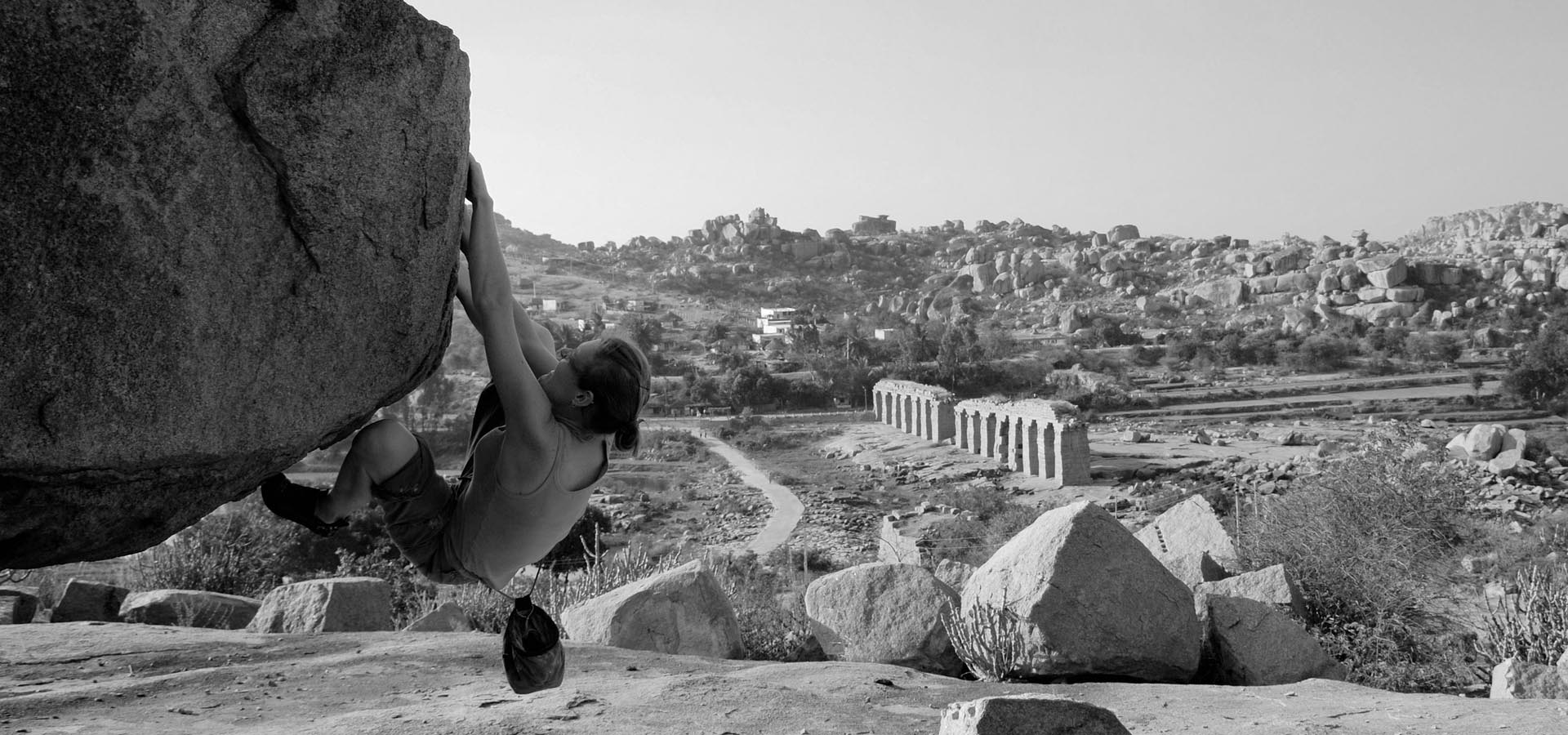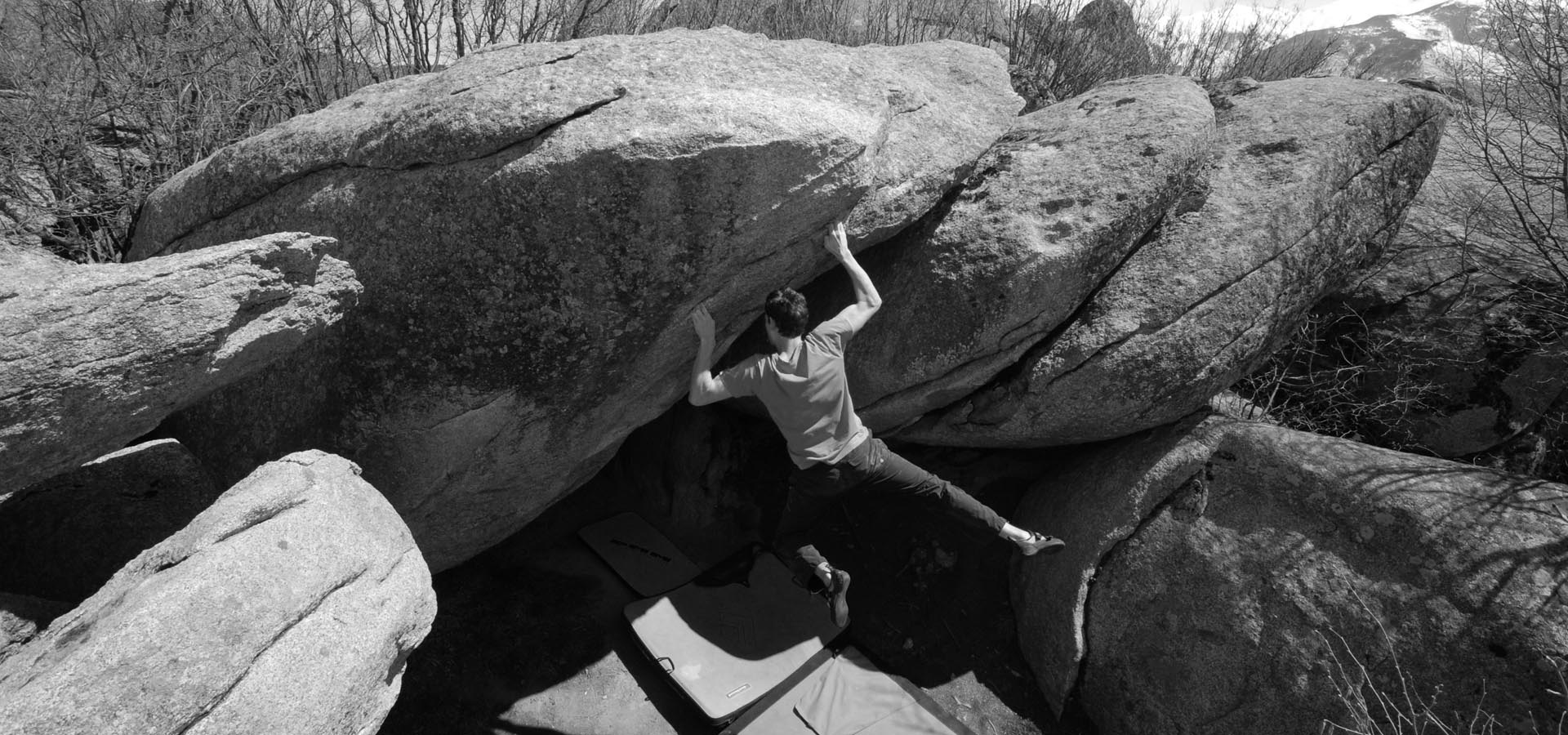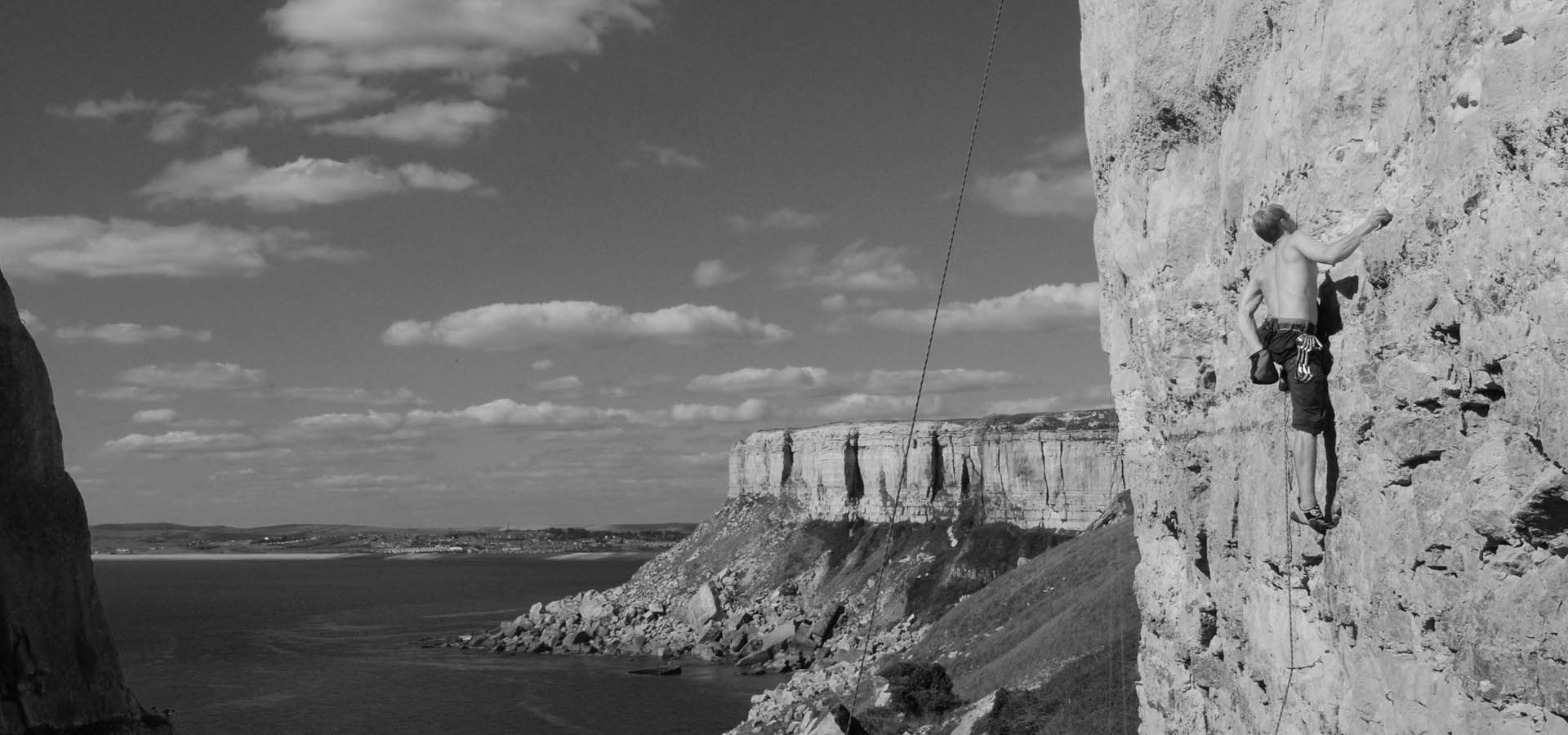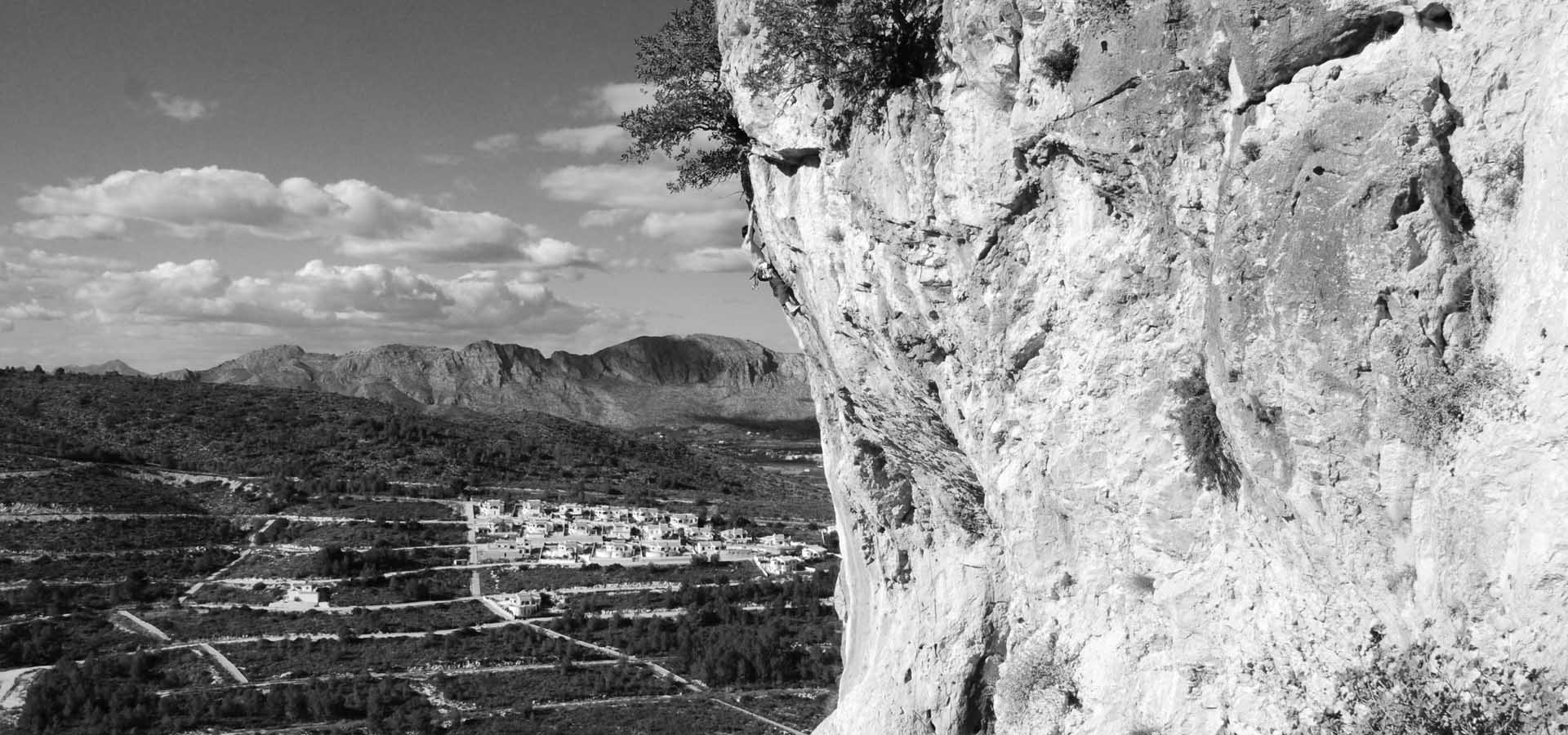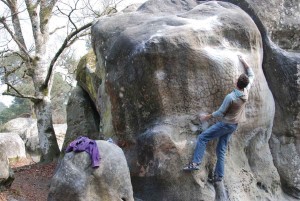Climbing Coach
I was asked the other day what makes a performance climbing coach. It’s a pretty good question. Because, lets face it most climbers can coach to a certain degree. Whether that is helping your friend with what hold to take to spotting weaknesses or suggesting different techniques.
Some people you would expect to be able to coach a bit more than others, climbing instructors you would hope could offer a bit of advice and professional climbers should be able to help you with quite a few pointers.
Technical Coaching
Let’s start with the technical side, climbing involves a wide variety of different techniques, from hand jams, delicate smears on slabs, brutal drop knees on steep overhangs and back and footing up corners and chimneys. Every technique comes with it’s own subtlety and precision. There is no real way of learning this from books and videos, the only way to learn is to get out there and climb, I’d expect a performance climbing coach to have a climbing c.v of not just numbers, but different places and different climbing styles.
Physical Training / Coaching
Physical training is a key part of coaching. Once again climbing offers a huge range of different fitness requirements. You may need huge amounts of general and anaerobic fitness for a cli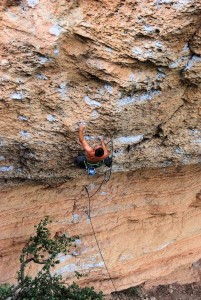 mbing trip to Kalymnos, power endurance for your 18m project at Raven Tor or brute strength to get you through a steep boulder problem in Magic Wood or Albarracin. Understanding what the fitness needs of different goals and challenges are vital. Once you’ve figured out what the fitness needs are you need to be able to train them. This level of skills is hard to get from just experience. Most performance climbing coaches out there have learnt this through either a degree in Exercise / Sports Science or an advanced coaching course.
mbing trip to Kalymnos, power endurance for your 18m project at Raven Tor or brute strength to get you through a steep boulder problem in Magic Wood or Albarracin. Understanding what the fitness needs of different goals and challenges are vital. Once you’ve figured out what the fitness needs are you need to be able to train them. This level of skills is hard to get from just experience. Most performance climbing coaches out there have learnt this through either a degree in Exercise / Sports Science or an advanced coaching course.
Anatomy!
Most climbing training programs these days involve a lot of strength training. However, climbing is a tricky sport, putting huge loads on a specific set of muscles. Over training the wrong muscle groups can quickly lead to injuries. Understanding our anatomy is key to coaching efficiently, spotting weakness and imbalances early to avoid injury. Balancing out antagonist training against the muscle groups we need to strengthen to improve at climbing. We also need to be able to balance out this training with a keen eye to range of movements; flexibility is key in climbing and stretching vital for recovery from training and injury prevention. Knowing which muscles to stretch and when is a vital part of coaching.
Psychology
A huge part of the climbing game is the head game, being able to spot a climber who is not performing because of fear or nerves is hard to spot and fixing it can be a long and arduous task. As well as the long term head games your coach needs to be able to spot the short term ones, getting you psyched for a training session. Focused for a hard redpoint or in the perfect zone for an onsight at your limit. Getting these skills is tough, often a combination of practice and education. All Exercise / Sport Science degrees have a key section on psychology as do all decent coaching courses.
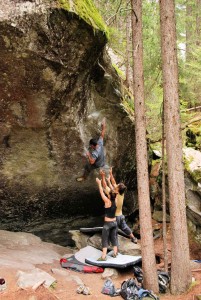 A performance climbing coach should be able to bring this all together, but often that is only half the picture. Training gains do not happen overnight. Often projects and goals take shape over months and years. Your coach needs to plan this, building foundations for you to train off, Micro cycles, Macro cycles, short term and long term goals. All building for you to peak for your main objective! This might not be the role of just one person; your coach needs to be able to liaise with other professionals, physiotherapists when injuries occur, nutritionists and often other coaches and team management if in competitions or a professional climber. But at all stages needs to see the whole picture and understand how all the components come together.
A performance climbing coach should be able to bring this all together, but often that is only half the picture. Training gains do not happen overnight. Often projects and goals take shape over months and years. Your coach needs to plan this, building foundations for you to train off, Micro cycles, Macro cycles, short term and long term goals. All building for you to peak for your main objective! This might not be the role of just one person; your coach needs to be able to liaise with other professionals, physiotherapists when injuries occur, nutritionists and often other coaches and team management if in competitions or a professional climber. But at all stages needs to see the whole picture and understand how all the components come together.
Even stopping there doesn’t quite do justice to what I would expect from a performance coach, but I think it’s a good start. If you would like to know more then please do contact me or look at my profile to understand why I believe I can offer all of the above.
